Catholic Minority in Georgia Lives Under Difficult Conditions
Interview with Marco Mencaglia, Head of ACN's Section for Georgia
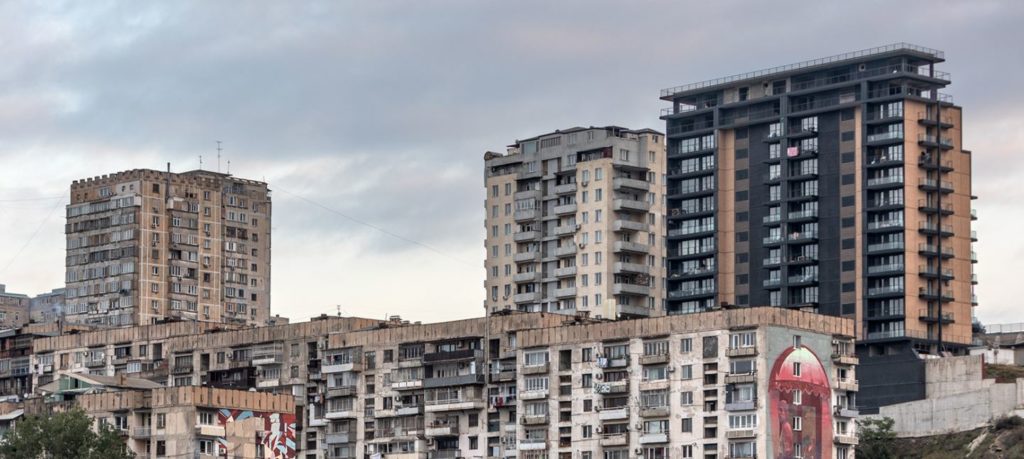
The Catholic minority in Georgia lives under difficult conditions.
Marco Mencaglia has been head of section for Georgia for the past one-and-a-half years by Aid to the Church in Need (ACN). In October, the pandemic situation finally eased enough for him to be able to embark on his first visit to the country. In an interview with Kira von Bock-Iwaniuk, he talked about the situation of the Catholic Church in Georgia.

ACN: What was your first impression of Georgia?
Mencaglia: Due to the pandemic, it long remained uncertain whether ACN’s visit could even take place. In early September, the infection rates were extremely high in Georgia. Once the rates had finally gone down, we were able to make the trip, but unfortunately important Church events had to be postponed due to health precautions.
Although Georgia is a country with a strong and deeply rooted sense of identity, it is still open and welcoming to visitors. Historically, Georgia has always been the crossroads between East and West for peoples and cultures and the country does not seem to have lost its international calling. The practice of faith is certainly a part of this culture – a part that has managed to survive in spite of long years of Soviet rule. During our travels, we heard many stories about faith and how for years it had been able to flourish in secret in rural areas, even without the official presence of the Church.

What is your assessment of the country’s current political situation? Can you still feel the effects of the war with Russia?
Georgia is a country with four million inhabitants, and it shares a long border with Russia. After the war in 2008, it officially broke off all diplomatic relations with Russia. It exists in a state of perpetual tension, on the one side under severe economic and political pressure from its powerful neighbor, and, on the other side, with an interest in more extensive European integration.
The current government, which was first elected in 2012, is being sharply criticized by the opposition for its more conciliatory stance towards Moscow.
While we were visiting Tbilisi, tensions and protests broke out following the arrest of ex-president Saakashvili; thankfully, however, these remained peaceful. The ex-president is pro-Western and was arrested for crimes committed during his time in office and incarcerated upon returning to the country. The demonstrations, which have been peaceful up until now, call for the release of the ex-president and new elections.

Fr. Beqa Chilingarashvili distributing Holy Communion after his ordination at the Church dedicated to Our Lady of the Rosary in Rabati, Akhaltsikhe.
The Catholic Church in Georgia represents only about 1% of the population. What do you think about its chances for survival?
The Catholic Church in Georgia exists under extremely difficult conditions. The majority of the population (about 85%) belongs to the Orthodox Church. For many Orthodox, religious identity overlaps with national identity. It is widely believed that a good Georgian has to be Orthodox, a circumstance that de facto makes it difficult for Catholics to live their faith. Unlike many other Orthodox Churches, the Georgian Orthodox Church does not recognize Catholic baptisms and marriages. Therefore, many mixed-faith couples are forced to choose a denomination and the Catholic spouses are often put under extreme pressure by their new families to convert.

A number of Catholic churches which were being used by the Orthodox Church during Soviet times were never given back and no attempts at dialogue have ever been made in this matter.
In response to this hostile stance, the Catholic Church has chosen a non-confrontational approach and attempts to promote dialogue and mutual understanding as much as it can. However, dialogue can only be fostered if a vibrant presence can be maintained in the communities and not just a symbolic one. During our travels, we witnessed a remarkable missionary spirit among the religious and lay people ‒ both Georgian and non-Georgian ‒ who serve faithfully in spite of the many difficulties, unsatisfactory experiences and occasional feelings of complete isolation. In this respect, the ordination of a young Georgian man to the priesthood which was celebrated during ACN’s visit was a sign of hope for the small flock of the Georgian Church. The new priest, Father Beqa, is the sixth Georgian priest to be ordained since the dissolution of the Soviet Union.
In view of the country’s unemployment rate of up to 60% and the poverty you observed everywhere: will the Catholic Church be able to do anything in response and take on a decisive role?
The Georgian Catholic Church represents only a small minority. Nevertheless, its presence has made quite a significant difference, particularly in social concerns, beginning in the first years following the dissolution of the Soviet Union. Many different projects are being carried out by missionaries in the areas of health care and education and to dispense aid to those in need. The Catholic Church practically started at zero, in a difficult environment that offered few possibilities and with a limited number of people. The fruits of almost 30 years of service in these areas are clearly visible and we learned to appreciate them during our visit: the many different activities carried out by the Caritas organization, the health care services provided by the Camillian friars and sisters in Tbilisi and Gori, the Catholic University in Tbilisi, the family assistance center in Kutaisi, and “Talita Kum”, a center for children with disabilities in Akhaltsikhe – just to mention a few examples.

As we wrap up this interview: did any encounter during your trip leave a particularly lasting impression?
I could give several examples of the missionary spirit that is a constant source of inspiration for the small churches in Georgia and Armenia, which have remained active and vibrant in spite of the many difficulties. The first is Msgr. Pasotto, who began as a missionary and has now served as bishop of the Tbilisi-based Latin Catholic Church of the Caucasus for more than 20 years. I would further like to mention a small community of contemplative Benedictine sisters who offered us accommodations in the convent in Rabati in southern Georgia. These religious sisters came from Italy without any previous knowledge of the Georgian culture or language. For years now, they have been serving a mission that leads them to face constant challenges and rewards them with small everyday joys. More so than their words, their trust in God was deeply inspiring, as was their resolve and their concern for others in an environment that is surely very foreign to them. During our travels, we often meet these “silent witnesses” – witnesses who carry out their valuable service unseen – who are, I daresay, absolutely essential for the life of the Church.

Bishop Giuseppe Pasotto with three Benedictine sisters of St. Benedict Convent in Rabati, Akhaltsikhe, after the priestly ordination of Fr. Beqa Chilingarashvili.
How can ACN help?
ACN’s objective is to support the Catholic Church in Georgia by meeting the daily needs of the mission to ensure its continuing presence and service. We must realize that this mission would be very difficult, if not impossible, without international assistance.
Related
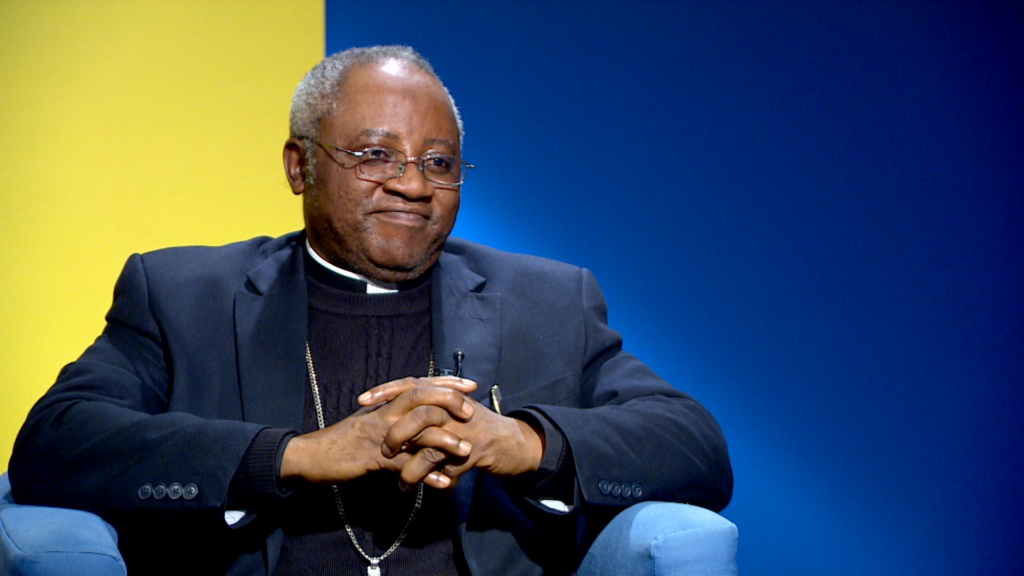
Despite hardships, Christianity is growing “astronomically” in northern Nigeria
Ayuda a la Iglesia Necesitada
10 April, 2025
3 min
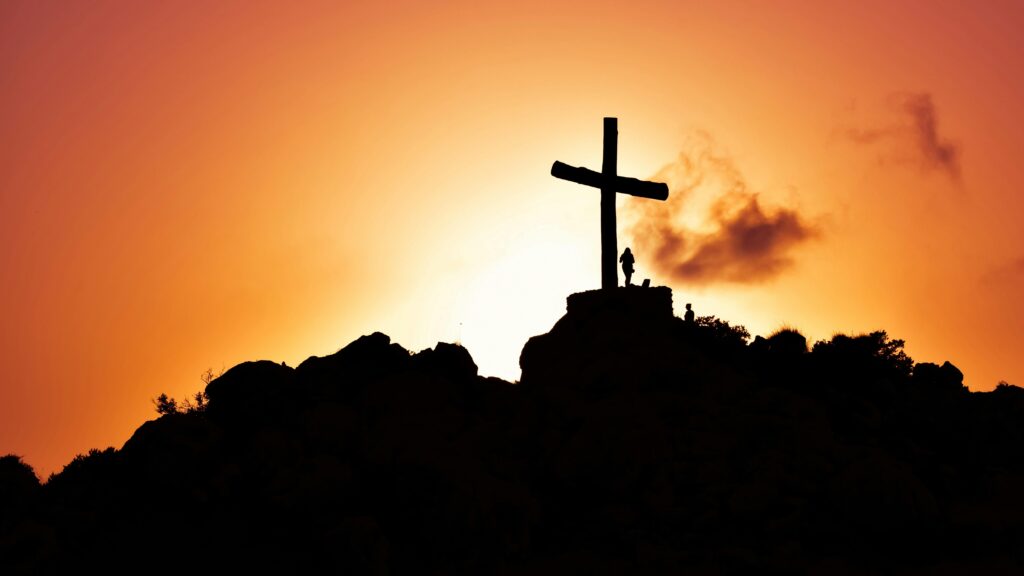
“Christianity, a Powerful Engine of Social Transformation”
Exaudi Staff
09 April, 2025
3 min
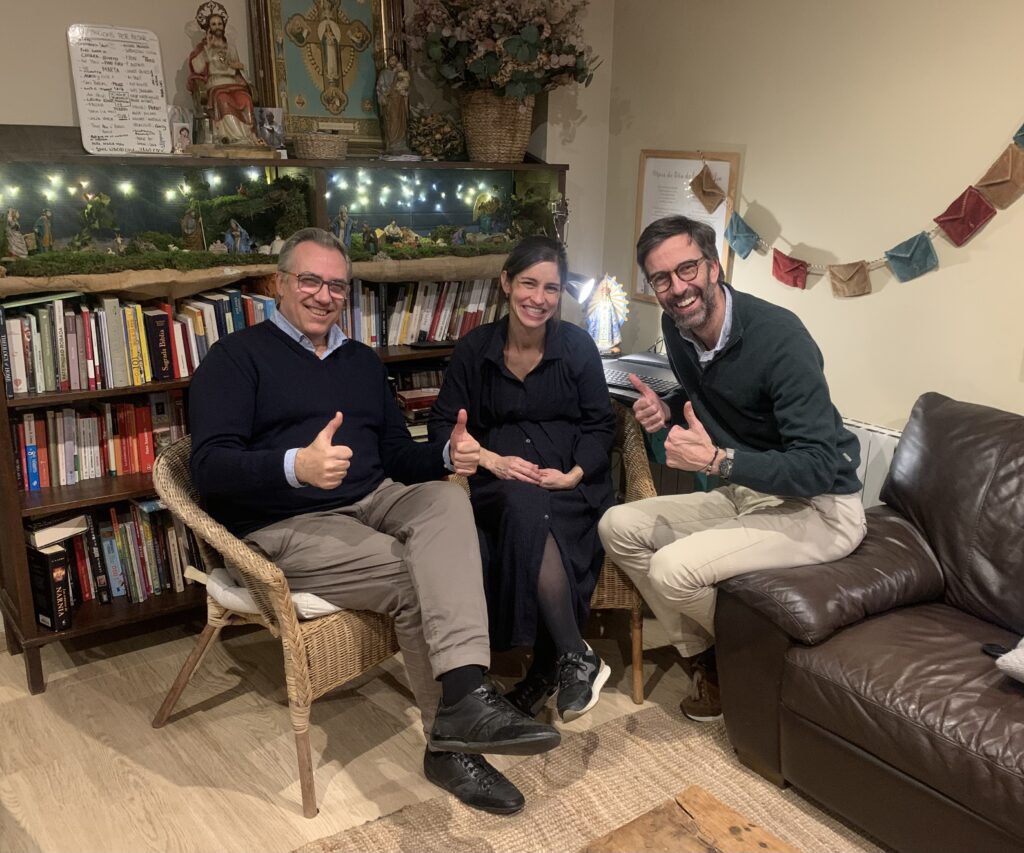
Let God be God
Albert Cortina
11 March, 2025
25 min
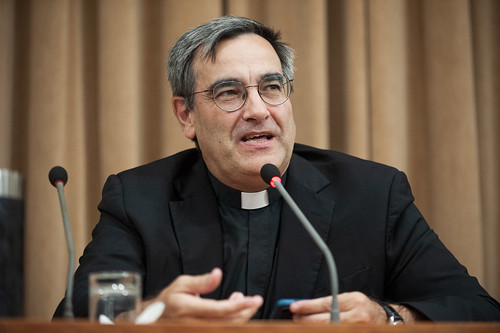
Fernando Puig, new rector of Santa Croce
Fundación CARF
19 February, 2025
6 min
 (EN)
(EN)
 (ES)
(ES)
 (IT)
(IT)

